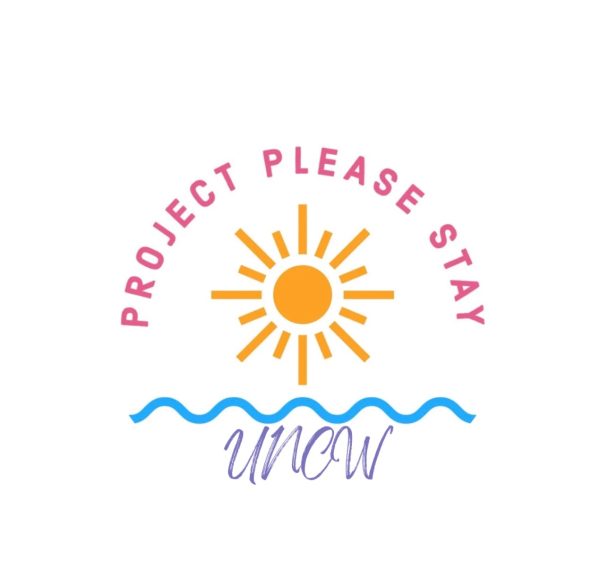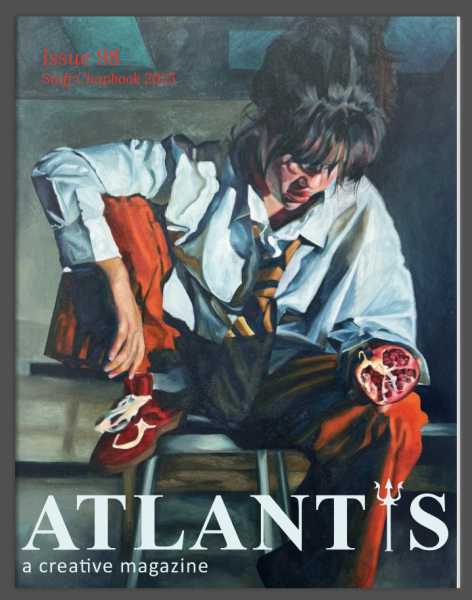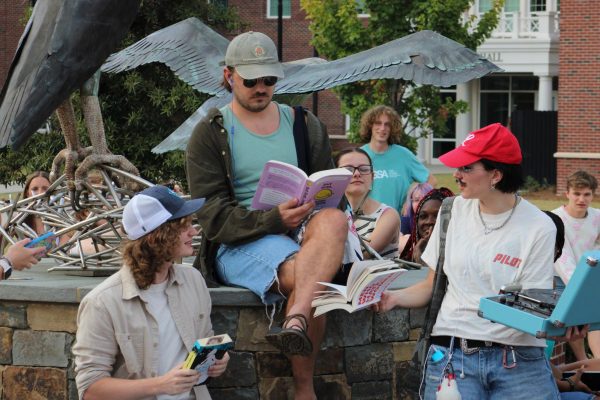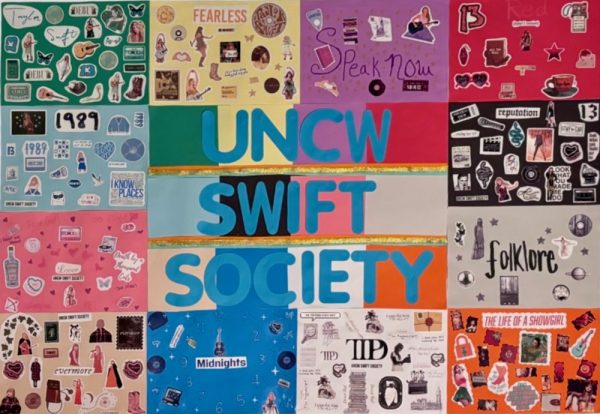Hacks to deal with midterm burnout
Midterm burnouts can really be an issue for college students if they go unnoticed or unhelped. As workloads pile up and assignment dates become closer, motivation for completion can be a relatable and annoying thing. Due dates become what students live by, rather than enjoying college and on-campus life. Identifying the signs and knowing how to treat burnouts are essential for student survival. Below are some signs and researched methods on how to help the burnout blues.
What is midterm burnout?
Midterm burnouts are essentially a buildup of stress due to an overload of work. Students begin to lose motivation and become mentally exhausted because the pressure of assignment due dates becomes too stress-inducing.
Know the signs
The most common signs and symptoms of student workload burnouts are:
- Losing motivation and confidence to complete or even start class assignments
- Being constantly fatigued: mentally, emotionally and physically
- Lacking the motivation to participate in class discussions/opinions
- Stress-eating
- Overthinking
- Concentration on simple activities becomes harder
- Feeling bored or uninterested in things or activities you typically enjoy
These symptoms can go unnoticed by students and labeled as normal exhaustion; however, burnouts can actually be harmful to student mental health if they are not acknowledged.
How to deal with burnouts
Some methods of treatment, include:
- Take small breaks when studying. Grab a cup of coffee from Dunkin Donuts, Starbucks, or Port City Java on campus.
- Get the advised seven to nine hours of sleep. Students can set up a bedtime alert on their devices that reminds them when they should start settling down for sleep.
- Do a social media shutdown. Limit time spent on social media apps such as Snapchat, Instagram, TikTok, Twitter and Facebook.
- Set aside time for “me time.” Read a favorite novel, play a video game, take a nap or engage in a hobby.
- Ask for help/guidance from the counseling center on campus. Students can set up virtual appointments with a counselor.
- Use a planner or reminder app on your devices to stay organized. Setting aside time for assignments can help students focus on one subject at a time without being overly stressed about others.
- Do some light (or moderate) physical exercises—a relaxing walk, swim laps in a pool, take a few minutes to focus on breathing or some light yoga.
Dealing with burnout is stressful for students, especially during midterm season. Getting into a routine of light exercises or taking small study breaks can make a real difference in the increasing stress of piles of homework, assignments and group projects.
Preventing burnout blues
There are effective methods to avoiding/preventing burnouts for students, some of which are simple and can take the stress off the workload by doing something as easy as writing down your goals for the day or setting aside time for sociable activities. Some preventative measures for burnouts are:
- Make reasonable goals. Start with small goals and make sure they can be achieved within a day.
- Set aside time for socializing and fun activities. Have a socially distanced picnic on campus or set up a Zoom call with friends.
- Manage your time. Use planners or a reminder app on your phone to assign time slots for school work.
- Break down your to-do list for the day or week. Assign certain classwork for the week, break it down by the time you will spend completing and submitting the assignment.
- Avoid procrastination. Get started early on assignments rather than putting them off.
- Get outside and enjoy nature. UNCW has many trails and nature walks for students to interact with their outside environment.
Midterm burnouts are a challenging period in the life of a college student, especially during a pandemic and lack of a normal spring break. Acknowledging the signs and seeking help for burnouts can make a huge difference in how students can approach burnout situations. The counseling center here on campus is a great resource for students who feel pressure from workloads and need to find ways to relieve stress and organize their schedules.
The counseling center’s phone number is 910-962-3746 and their email is [email protected]. Students can contact the center to schedule virtual appointments during business hours.










